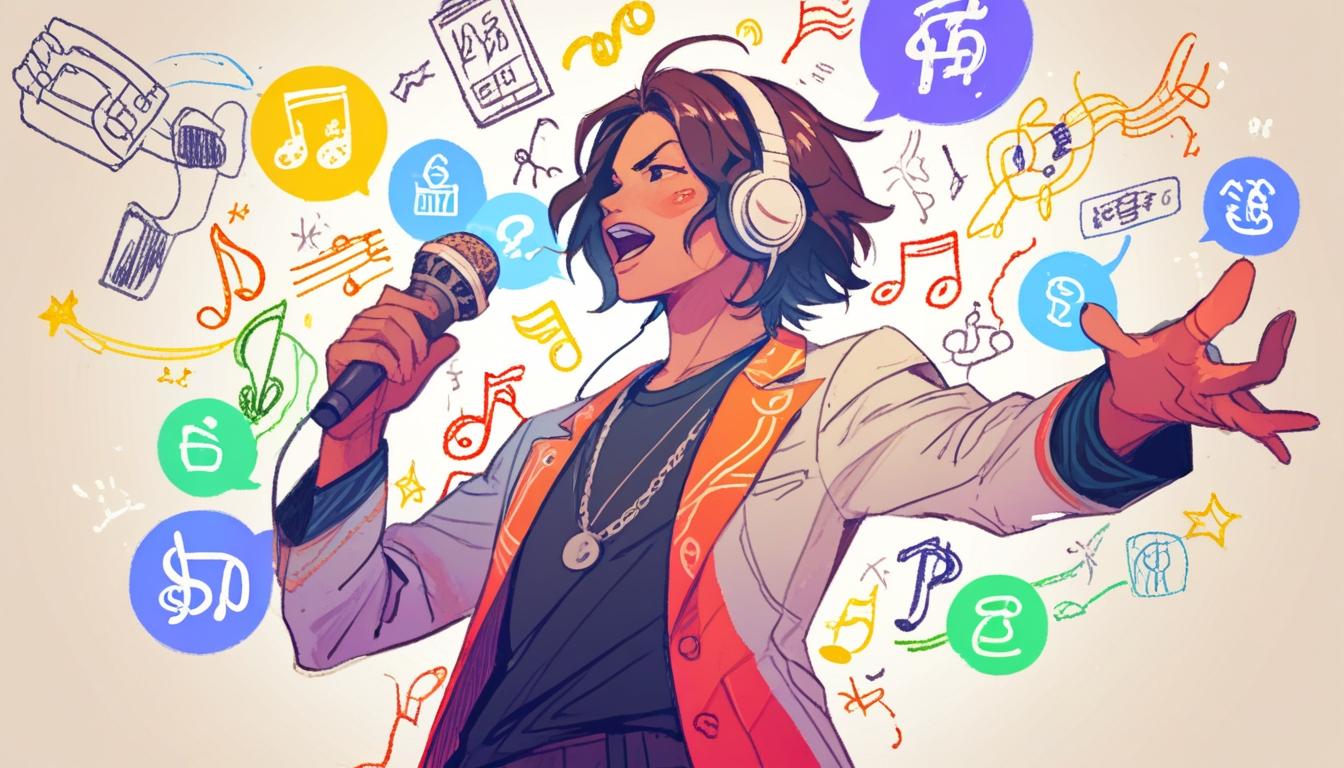At the World Economic Forum held recently at Abraham House, a significant panel discussion convened some of the music industry's most influential figures to address the critical issue of artist compensation in the streaming era. The session, titled “The Power of Music to Drive Change Around the World — Stopping the Exploitation of Artists,” featured Wendy Starland, known for discovering and developing Lady Gaga; Benny Pough, former President of Roc Nation; and Joaquín Cortés, a renowned flamenco dancer and human fraternity campaigner. The discussion was moderated by Nicole Enslein, the Founder and CEO of Sublime Communications.
The panel explored music's dual role as a catalyst for social impact and an industry undergoing profound economic and technological upheaval. A central concern raised throughout the debate was the exploitation of artists under current streaming revenue models and the pressing need to develop sustainable, fair compensation frameworks that support musicians long-term.
Technology has dramatically democratized the production and distribution of music, enabling independent artists to create and share their work without the traditional support of major labels or costly studio sessions. However, this increased accessibility has not translated into economic stability for creators. Streaming revenue remains markedly low: artists earn approximately $0.004 per stream, meaning that even an extraordinary achievement of one billion streams would yield only around $45,000. This stark reality exposes the inadequacy of existing financial models to sustain full-time careers in music.
Panelists highlighted that modern artists are compelled to function as multi-faceted businesses, supplementing their income through merchandise sales, live performances, brand partnerships, and personal content, beyond the earnings from their music alone. The session also tackled the growing impact of artificial intelligence in the industry. AI reduces production costs and enables innovative marketing, but it concurrently raises significant intellectual property concerns, including risks related to voice replication and artist identity, threatening ownership rights.
Amid these challenges, emerging platforms such as Music Soul were cited as hopeful examples of progress. Promising to return 70% of streaming and advertising revenue to artists—a figure far exceeding the traditional services—these platforms represent a potential shift towards more creator-friendly business models.
The discussion concluded with a reflection on music's unparalleled power to unite and inspire people globally. It underscored the important roles that industry leaders, digital platforms, and policymakers must assume to forge a more equitable future for artists worldwide.
The ESG News is reporting on this event, noting its relevance amid ongoing conversations at the World Economic Forum around innovation, equity, and sustainability in the creative industries.
Source: Noah Wire Services
